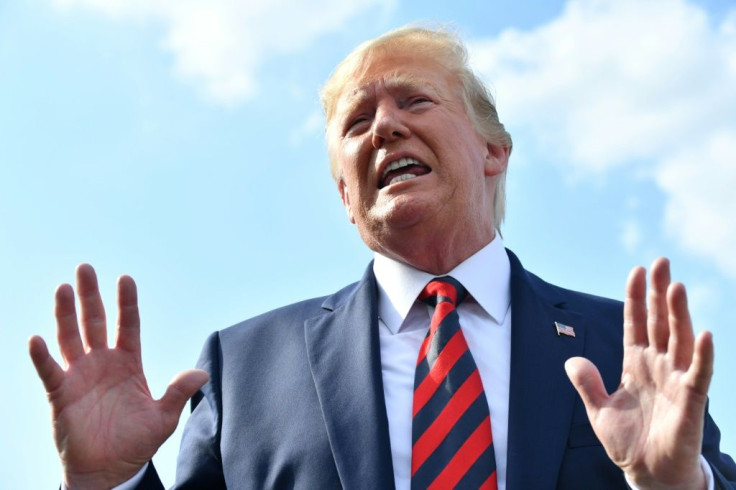US gives Huawei 90 day reprieve on ban

The Trump administration gave Huawei Technologies a 90-day reprieve Monday from a ban on doing business with US companies, as high-stakes trade talks between Washington and Beijing struggle to show gains.
The US Commerce Department effectively suspended for a second time tough rules banning US companies from selling technology components and services to the Chinese telecommunications giant and a prohibition on buying equipment from it.
The move means Huawei can continue to buy US-made semiconductors and other materials crucial to its phones and network equipment, and that US telecommunications companies can continue to buy Huawei's networking equipment.
But it doesn't signal a change in US concerns that Huawei equipment poses a national security threat or lift a general prohibition on the use of its market-leading next-generation 5G systems in the United States.
The Commerce Department, meanwhile, added 46 more companies to its list of Huawei subsidiaries and affiliates that would be covered by the ban if it is implemented in full, taking the total on the list to more than 100.
"As we continue to urge consumers to transition away from Huawei's products, we recognize that more time is necessary to prevent any disruption," Commerce Secretary Wilbur Ross said in a statement.
Markets surge
The move, which was first reported in the media Sunday, gave a boost to markets from Asia to the Americas, which had been driven down by fears that the trade war between the world's economic superpowers is driving the global economy toward recession.
Both Shanghai and Hong Kong stocks soared more than two percent, and in early trade US shares were up more than one percent.
Also helping the market mood were comments from President Donald Trump's chief economic advisor Larry Kudlow, who said Sunday that the two sides were working to rekindle the trade negotiations.
Kudlow said that negotiators at a deputy level were to have teleconference discussions over the next week to 10 days.
If those "pan out," there can be "a substantial renewal of negotiations" at the level of principal negotiators, Kudlow told Fox News.
"The phone calls last week actually produced a lot more positive news than has been reported in the media," he said.
National security 'threat'
Huawei is the number two global smartphone vendor and is considered the world leader in fast fifth-generation or 5G equipment, but is hampered by lack of access to key hardware and software, including smartphone chips.
US intelligence has warned for several years that Huawei has close ties to the Chinese military and that its 5G equipment by design could provide Beijing's spies an electronic backdoor into the computer systems of any of its clients.
With Huawei's lower-priced, proven 5G technology already being installed around the world, Washington has pressed key allies to steer clear of it and forbidden its use by US telecoms companies and government entities.
"Technically, Huawei says they're privately-owned company, but under Chinese law even private companies are required to cooperate with the military and with the Chinese intelligence agencies and they're also required not to disclose that they are doing so," Ross told Fox News Network Monday.
Nevertheless Trump has partially linked Huawei's US business to gaining concessions in his broader trade showdown with China.
On May 15, he issued a national security order banning all business with the company, sending shockwaves through Huawei, because of its heavy dependence on US semiconductors, but also through Silicon Valley's chipmakers.
As China threatened to take a harder stance in trade talks, a 90-day reprieve eased the situation. The 90-day extension announced Monday gave companies on both sides more time to prepare.
Yet Trump remained ambiguous over whether Huawei was a trade or national security issue.
"Huawei is a company we may not do business with at all," he told reporters Sunday, before the reprieve was announced.
"At this moment it looks much more like we're not going to do business. I don't want to do business at all, because it is a national security threat."
© Copyright AFP 2024. All rights reserved.





















